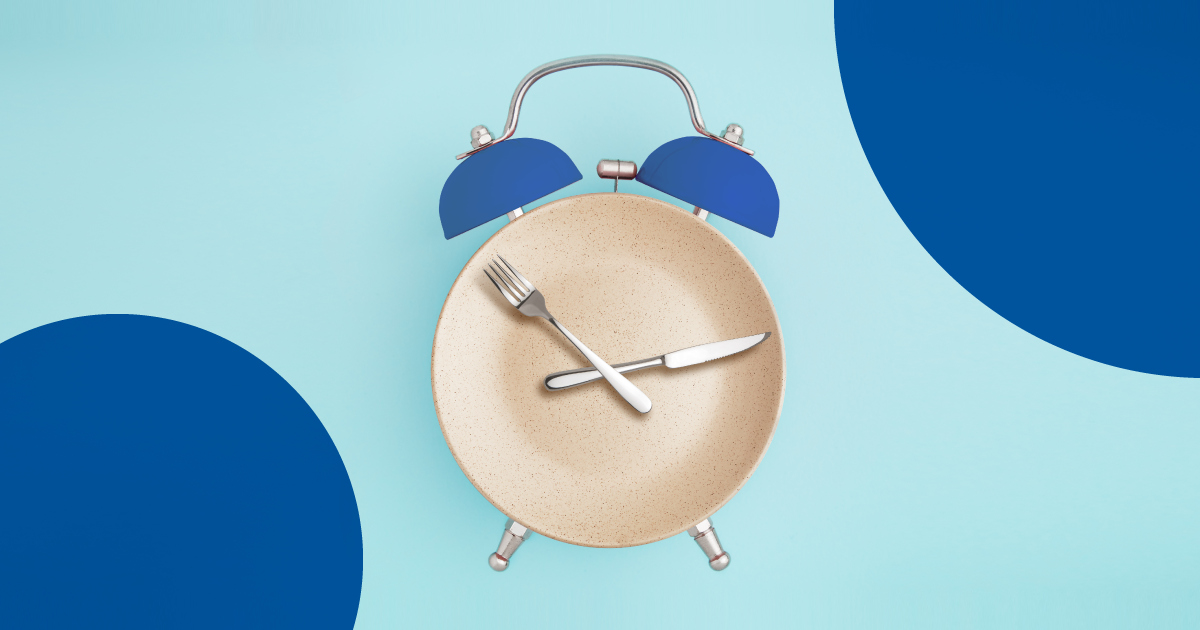Written by Dr. Filza Swalah, ND
Did you know that stress and sleep have a connection? Stress hormones and sleep hormones go hand in hand.
Trouble sleeping is not a new problem for many Canadians. In fact, one in three Canadians aren’t getting enough sleep as almost half of Canadians don’t find their sleep refreshing.1 Globally, this means that about 80% of individuals want to improve the quality of sleep.2 But in order to improve sleep, it’s a good idea to understand all the key players involved in a restful and restorative sleep! And skipping out on sleep means you are skipping out on its benefits. Sleep is crucial for memory, learning, & creativity.3 Research also shows that getting adequate sleep supports our immune response, improves stress resilience & lowers risk of disease.4
The circadian rhythm is what controls the sleep wake cycle. And when we think of sleep, we almost always think of the sleep hormone: melatonin but did you know that there is another important part at play? It’s cortisol! Cortisol gets a bad rep because it’s associated with stress, but it’s crucial for regulating wakefulness and helping induce sleepiness. In the morning, cortisol is the highest and helps us wake up and be active throughout the day. As the sun sets, cortisol levels decrease and melatonin increases helping us fall asleep at night!5

Cortisol and melatonin have an inverse relationship: when one is high, the other is low.14
Cortisol is important but too much cortisol can also be a problem, especially when it comes to getting a restful, restorative sleep! When the body is stressed, it goes into “high-alert” and down regulates all non-essential processes.6,7 Increased cortisol can disrupt the circadian rhythm8 and cause shortened and disturbed sleep.9
There are many ways you can help regulate your circadian rhythm. Here are some tips:
- Avoid anything that is too stimulating before bedtime, like a vigorous workout, caffeine, alcohol and especially screens!
- Make sure your bedroom is quiet, dark, and relaxing 10,11
- Make sure to spend some time in the sunshine 10,11
It is important to help support your stress, that way it doesn’t interfere with a perfect night’s rest! One way to support your stress is with Progressive’s Resilient Mind. A blend of 5 stress-reducing herbs like Ashwagandha and rhodiola, it helps to temporarily promote relaxation and has been used in herbal medicine to help increase energy and resistance to stress.12
Another way to support your sleep is with Progressive’s Complete Sleep. It contains melatonin along with calming herbs like skullcap. Complete Sleep helps reset the body’s sleep-wake cycle and is used in herbal medicine as a sleep aid.13 It also has herbs that help support cognitive function and temporarily relieve symptoms of stress.13
References:
- Statistics Canada. (2017). Duration and quality of sleep among Canadians aged 18 to 79. Accessed March 19, 2020 from: https://www150.statcan.gc.ca/n1/pub/82-003-x/2017009/article/54857-eng.html
- 2019. Accessed Aug 26, 2021 at: https://www.statista.com/statistics/1036637/sleep-habits-of-adults-worldwide/tps://www.sciencedaily.com/releases/2021/07/210706133113.
- Brinkman JE, Reddy V, Sharma S. Physiology of Sleep. [Updated 2021 Apr 19]. In: StatPearls [Internet]. Treasure Island (FL): StatPearls Publishing; 2021
- Mazzotti, D. R., et al. (2014). Human longevity is associated with regular sleep patterns, maintenance of slow wave sleep, and favorable lipid profile. Frontiers in aging neuroscience, 6, 134. https://doi.org/10.3389/fnagi.2014.00134
- Camila Hirotsu,Sergio Tufik, Monica Levy Andersen. Interactions between sleep, stress, and metabolism: From physiological to pathological conditions. Sleep Sci. 2015 Nov; 8(3): 143–152. doi: 10.1016/j.slsci.2015.09.002
- Yaribeygi, H., Panahi, Y., Sahraei, H., Johnston, T. P., & Sahebkar, A. (2017). The impact of stress on body function: A review. EXCLI journal, 16, 1057–1072. https://doi.org/10.17179/excli2017-480
- Schneiderman, N., Ironson, G., & Siegel, S. D. (2005). Stress and health: psychological, behavioral, and biological determinants. Annual review of clinical psychology, 1, 607–628. https://doi.org/10.1146/annurev.clinpsy.1.102803.144141
- Thau L, Sharma S. Physiology, Cortisol. [Updated 2019 Feb 15]. In: StatPearls [Internet]. Treasure Island (FL): StatPearls Publishing; 2020 Jan-. Available from: https://www.ncbi.nlm.nih.gov/books/NBK538239/
- Âkerstedt, T. (2006). Psychosocial stress and impaired sleep. Scandinavian Journal of Work, Environment & Health, 32(6), 493-501. Retrieved March 24, 2020, from jstor.org/stable/40967601
- Polo-Kantola P. (2006) Sleep disturbance during menopause. In: Pandi-Perumal S.R., Monti J.M. (eds) Clinical Pharmacology of Sleep. Birkhäuser Basel
- Sleep foundation. Sleep Hygiene. Accessed Sept 1, 2021 at: https://www.sleepfoundation.org/articles/sleep-hygiene
- Health Canada. Product information. Accessed on Dec 21st, 2021 at http://health-products.canada.ca/lnhpd-bdpsnh/info.do?licence=80107711
- Health Canada. Product information. Accessed on Dec 21st, 2021 at http://health-products.canada.ca/lnhpd-bdpsnh/info.do?licence=80057518
- BlockBlueLight. (n.d.). Does too much blue light make you anxious, stressed, and depressed? BlockBlueLight. Retrieved January 25, 2022, from https://www.blockbluelight.com.au/blogs/news/blue-light-and-depression-and-stress?_pos=1&_sid=7baa83022&_ss=r


